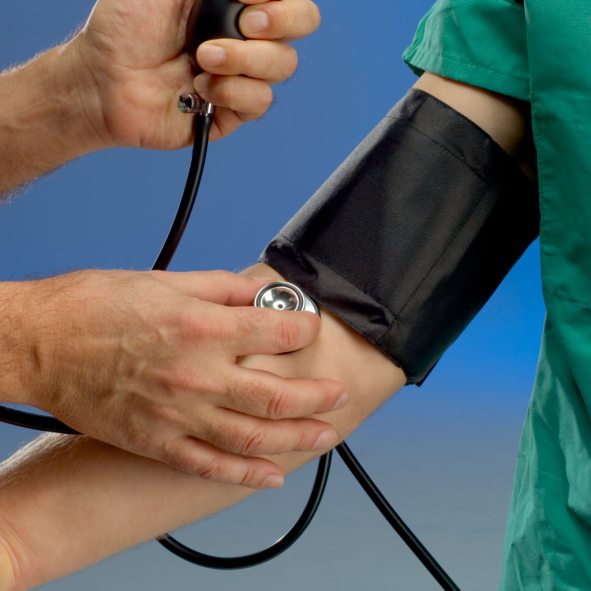An Entity or a Pseudo Disease?
Prehypertension corresponds to BP values above 120/80 mmHg and below 140/90 mmHg.
In a recent study published in BMC medicine, Huang et al challenged current guidelines which label blood pressure below 140/90 as being normal by conducting that prehypertension (even at lower levels of 120 to 129/80 to 84 mmHg) is a significant cardiovascular risk factor.
Prehypertension is defined as the systolic blood pressure range of 120-139 mmHg or diastolic blood pressure 80-89 mmHg. JNC-7 published in 2003 labelled prehypertension based upon the average of two or more properly based blood pressure readings at each of two or more visits after an initial screen.
The European society of Hypertension and European society of cardiology (ESH, ESC) guidelines have categorized, normal blood pressure (systolic blood pressure 120-129 mmHg or diastolic blood pressure 80-84 mmHg) and High normal blood pressure (SBP of 130-139 and DBP-85- 89 mmHg). Then in 2007 ESC committee declared not to use the term prehypertension.
Risk factors for prehypertension include:
- Being overweight or obese. A primary risk factor is being overweight. The greater your body mass, the more blood you need to supply oxygen and nutrients to your tissues.
- Age. Younger adults are more likely to have prehypertension than are older adults. Many older adults have progressed to high blood pressure, and the risk of high blood pressure increases as you age.
- Sex. Prehypertension is more common in men than in women. Through early middle age, or about age 45, high blood pressure is more common in men. Women are more likely to develop high blood pressure after age 65.
- Race. High blood pressure is particularly common among blacks, often developing at an earlier age than it does in whites.
- Family history of high blood pressure. High blood pressure tends to run in families. If a first-degree relative, such as a parent or sibling, has high blood pressure, you’re more likely to develop the condition.
- Not being physically active. Not exercising can increase your risk of high blood pressure and increase your risk of being overweight.
- Diet high in salt (sodium) or low in potassium. Sodium and potassium are two key nutrients in the way your body regulates your blood pressure. If you have too much sodium or too little potassium in your diet, you’re more likely to have high blood pressure.
- Tobacco use. Smoking cigarettes, chewing tobacco or even being around other people who are smoking (secondhand smoke) can increase your blood pressure.
- Drinking too much alcohol. Drinking more than two drinks a day if you’re a man age 65 or younger or more than one drink a day if you're a woman of any age or a man older than age 65 can increase your blood pressure. One drink equals 12 ounces of beer, 5 ounces of wine or 1.5 ounces of 80-proof liquor.
- Certain chronic conditions. Certain chronic conditions – including kidney disease, diabetes and sleep apnea – may increase the risk of prehypertension.

